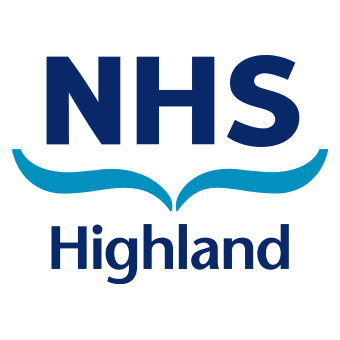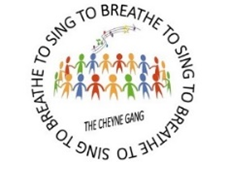Self management is about learning about your condition and what works for you and making plans so you can live your life to the full. It involves you learning key skills to manage your own health and wellbeing, how to work in partnership with healthcare professionals, and live with your condition with support from family, friends and the wider community. There is lots of support available online and courses you can attend to learn these skills.
Self Management is about looking at the skills and tools that can help you to learn to live with your condition . Many you might already be doing but just don’t call it Self Management. Small changes and being aware can make a big difference to daily life. There are Booklets , courses, and groups in Highland that can support you to learn and meet others to share your tips and knowledge
Learning how to live well with your condition is an important part of your journey. Self Management can help you to do all you can to live with your condition. Each of the links below opens in a new window/tab.
Information about self-management
What is self-management - MySelf-Management (formerly LGOWIT)
How self-management can help you - My Lungs, My Life
Self-management and health - what does it mean? - Chest Heart & Stroke Scotland (CHSS)
Tips for daily living - My Lungs, My Life
Coping with tiredness - Chest Heart & Stroke Scotland (CHSS)
Overcoming fatigue - My Lungs, My Life
What you can do to manage your COPD - Asthma + Lung UK
Take control of your COPD - a video from NHS Greater Glasgow & Clyde
Cough and urinary incontinence - My Lungs, My Life


